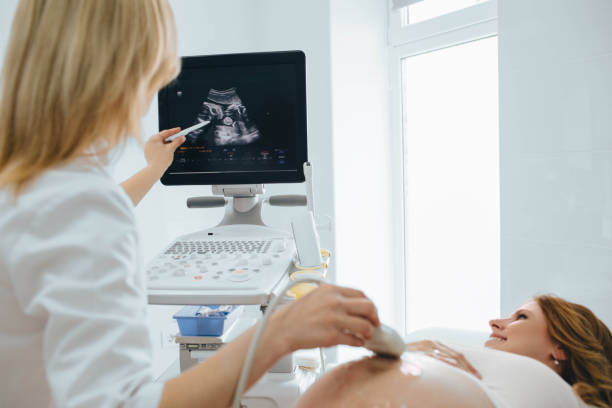

Monday To Saturday-
Morning- 10.30 am To 01:00 pm |
Evening- 6.30 pm to 09:00 pm
call us
+91 9869719413

It contains a surgical component and deals with the diagnosis, therapy, and management of obstetric issues. The doctor who successfully completes the training is called to as a gynecologist/obstetrician and performs both duties simultaneously because these two subspecialties are offered as combined training. As soon as you have the name of a gynaecologist or obstetrician, make an appointment with them. You can discuss birth alternatives, ask questions about the procedures the doctor does, and voice any other health concerns during this visit.
A doctor with a focus on the female reproductive system and childbirth is known as a gynaecologist. These experts may evaluate and treat a variety of issues, including irregular menstruation, infertility, pregnancy, and menopause. Obstetricians take care of pregnancy and its associated complications, whereas gynaecologists look after the general health of the reproductive organs. On the other hand, a gynaecologist is responsible for the entire health of the female reproductive system.
If you have a typical vaginal bleeding or discharge, pelvic pain, or abnormalities in your menstrual cycle, consult a gynaecologist. If you have further symptoms, such as breast changes or unusual discharge from the nipples, you should see a gynaecologist. Obstetricians and gynaecologists can recognize and treat the numerous risks connected with pregnancy and childbirth. Premature birth, gestational diabetes, and high blood pressure are all typical issues. Obstetricians and gynaecologists can also assist in the treatment and diagnosis of issues such as breech birth and placenta previa.
There are many benefits to seeing a gynecologist. Gynecologists can provide valuable advice on reproductive issues such as contraception and family planning. They can also help detect and treat gynecologic cancers such as cervical and ovarian cancer. Gynecologists can also contribute to maternal and child health by providing prenatal care, such as regular checkups, ultrasounds, and prenatal visits.
A physical examination and medical history are usually the first steps in diagnosing gynecological diseases. Gynecologists may also perform diagnostic procedures such as a pelvic exam, cytology and ultrasound. Depending on the disease, additional tests such as blood tests, hysteroscopy, laparoscopy and biopsy may be performed.
Finally, gynaecologists are physicians who have received specialised training in the diagnosis and treatment of disorders affecting the female reproductive system and delivery. They are critical in promoting reproductive health, detecting and treating gynaecological problems, and ensuring safe delivery. Make an appointment with a gynaecologist as soon as you notice symptoms or have concerns about your reproductive health so that you can be diagnosed and treated properly.